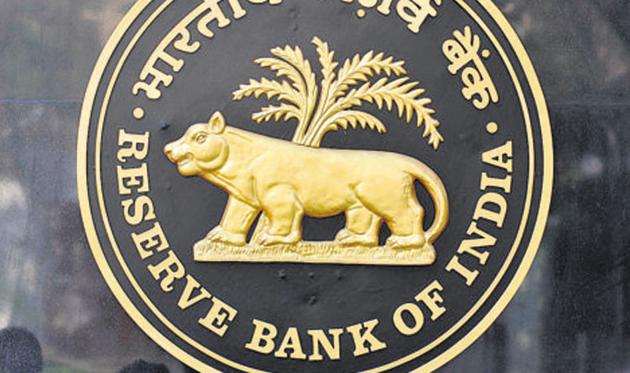Cheque bounced? You can be in for some strict punishments
To reduce fraudulent transactions further, the Reserve Bank of India (RBI) is likely to come out with more stringent norms to ensure that cheque payments are honoured in time.
To reduce fraudulent transactions further, the Reserve Bank of India (RBI) is likely to come out with more stringent norms to ensure that cheque payments are honoured in time.

At present, those issuing cheques that bounce can be penalised heavily or even imprisoned. However, the process is long and requires legal intervention. But with the government stressing on a cashless economy to curb black money in the system, the central bank is looking to come out with more provisions to honour cheque payments in time, but without taking legal recourse, an official source told HT on the condition of anonymity.
According to Section 138 of the Negotiable Instruments Act, in case of a cheque bounce, a notice should be sent to the issuer within 30 from the date of receiving the cheque.
“The issue has been raised by various groups and it will be looked into... all necessary measures will be taken to ensure that these payment modes are further given a push,” said the source quoted above.
“We want to move away from cash transactions and encouraging people to move towards payment modes, which are through cheques or other electronic mechanism,” a senior government official said.
When contacted, the RBI spokesperson said the current measures were sufficient, and though it was a legal process, it does not take more than 7-10 days for the issue to be resolved.
The central bank has already undertaken several steps to ensure seamless and timely clearances of cheques. The Cheque Truncation System (CTS), implemented in the country in 2015, was aimed at facilitating faster processing of cheques. Under the system, all existing cheques were replaced with standardised cheques and data was captured at the collecting bank and an image of the same was then forwarded to the drawee bank. This led to speeding up the process of clearing payments and also protection against fraud.
Typically, high-value cheque transactions are monitored by banks and the details of the same are reported to the RBI or other authorities. Earlier, banks were not allowed to issue fresh chequebooks in the event of cheque dishonour valuing R1 crore and above on four occasions during a financial year for want of sufficient funds. But in a notification issued recently, the RBI had left it to banks to decide whether they want to issue fresh chequebooks or not in cases of dishonour of Rs 1 crore and above.





